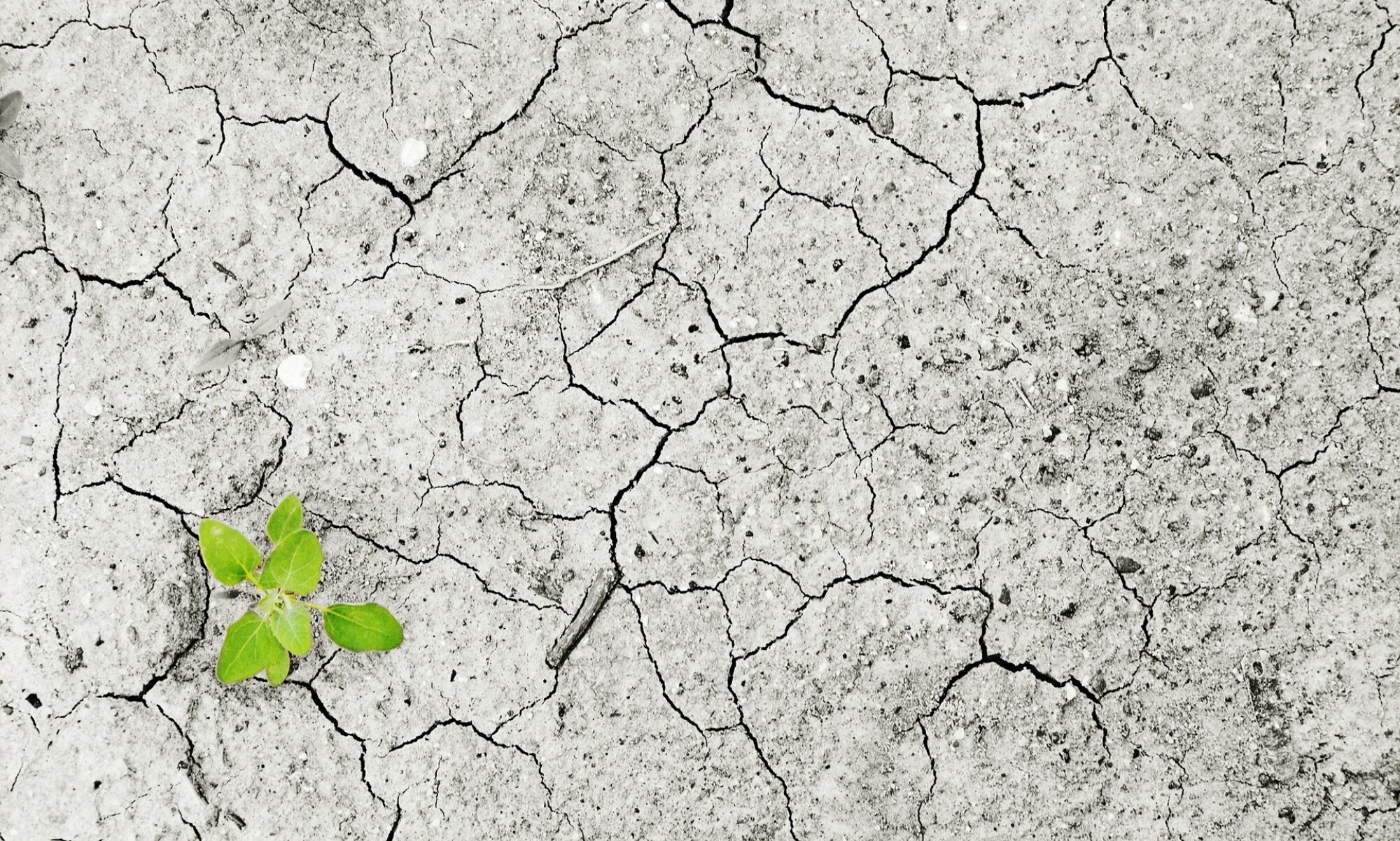Date: 1 July 2022
Court: The Brazilian Federal Supreme Court
Citation: ADPF 708
Short summary
Brazil’s Supreme Court became the first in the world to recognize the Paris Agreement as legally equivalent to a human rights treaty which supersedes national law. The Court ordered the Brazilian government to reactivate its Climate Fund, holding that not abiding by its national climate policy constitutes a breach of the Federal Constitution, which requires the State to protect the environment for current and future generations.
Summary by: Sophie Sklar
Click here to open the case in PDF format
Weight of decision
This case is binding on the government of Brazil and may be influential in other countries.
Key facts
This case was first filed in 2020 by four political parties: the Workers’ Party, the Socialism and Liberty Party, the Brazilian Socialist Party and the Sustainability Network.
The petitioners argued that Brazil’s Climate Fund – created as part of the country’s national climate policy plan – violated the Federal Constitution by not supporting any projects that mitigate climate change. The plaintiffs sought a declaration of “unconstitutional omission” for failing to reactivate the Fund. (While Brazil’s Ministry of the Environment is obligated to prepare an annual plan for the Climate Fund within Brazil, it had not done so since 2019.)
This case was brought within the context of Brazil’s negligible efforts to combat climate change, both domestically and abroad. The presiding judge cited the high rates of deforestation of the Amazon, and Brazil being the world’s fifth-largest carbon emitter as evidence of the Brazilian climate crisis.
The federal government made two main arguments in response:
- First, that the Court’s interference in this matter would violate the separation of powers doctrine, as this judgement would compel the executive branch to reactivate the Climate Fund via the legislative branch.
- Additionally, that, since the Climate Fund was derived from multilateral treaties on climate change and was not Brazilian law, the federal government was not bound by it.
The petitioners claim that abandoning the Climate Fund violated the Brazilian Federal Constitution, citing the obligation of the Union, the States, the Federal District, and Municipalities to “protect the environment and fight pollution in any of its forms” and “to preserve forests, fauna and flora.”
Continued on the next page…

